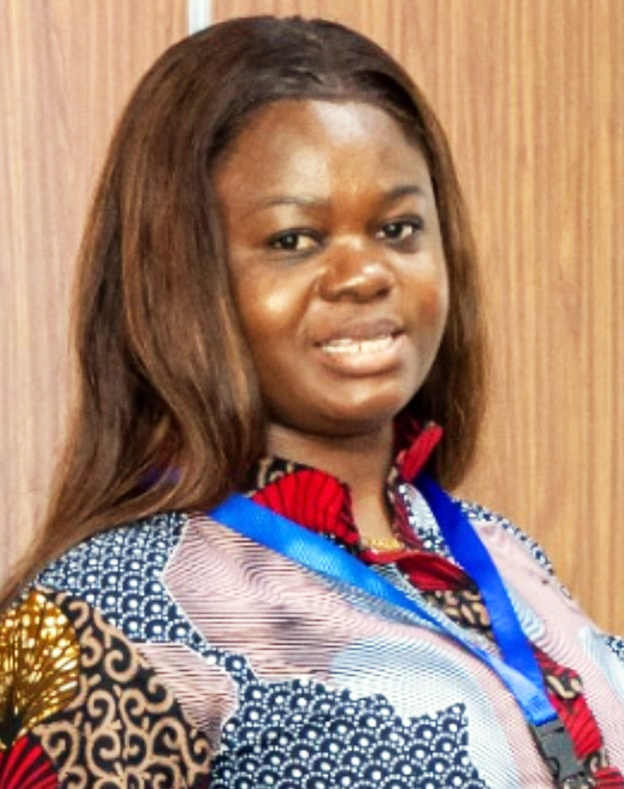Greater Accra Metropolitan Area (GAMA) Sanitation and Water Project has urged stakeholders and policy makers to draw pragmatic measures and interventions towards addressing the negative beliefs in the management of menstrual hygiene among adolescent girls.
Ms. Charlotte Akwah-Adjei, Head of Capacity Building Team, Greater Accra Metropolitan Area/Greater Kumasi Metropolitan Area (GAMA/GKMA) Sanitation and Water Project (SWP), stated that a significant proportion of adolescent girls are hesitant to openly discuss their menstruation concerns with their parents because of the misconception about menstruation.
According to her, it is important that these girls are empowered to overcome stigma, shyness and the belief that menstruation is a private matter that should be kept secret.
Ms. Akwaah-Adjei expressed the view that a more culturally appropriate intervention was needed to address some of the negative beliefs about menstruation.
Sharing her findings of a study on establishing the current knowledge level of in-school adolescent girls on menstrual hygiene management, at the MOLE 35 WASH Conference in Ho, she noted that negative beliefs violated girls/women’s access to certain places.
The topic was: “Unveiling social norms and beliefs influencing menstrual hygiene management by menstruating adolescents in Ghana.”
She disclosed that the GKMA SWP documented responses from over 1,000 in-school adolescent girls from 11 districts in the Ashanti Region in June 2024 as part of the project objectives.
According to her, the study was targeted at establishing the current attitudes and practices of adolescent girls on menstrual hygiene management.
Ms. Akwaah-Adjei, revealed that some respondents were not allowed to cook in their various homes during the time of the month while others were not allowed to get close to prayer altars, with yet another group saying menstruating girls could not be used for rituals, among others.
She said the GKMA SWP has, therefore, developed a guide for schools for girls to know about menstruation and be able to build on their stigma.
She indicated that the study identified these gaps and proposed that education about menstruation really mattered and could change a lot of things positively if taken seriously.








